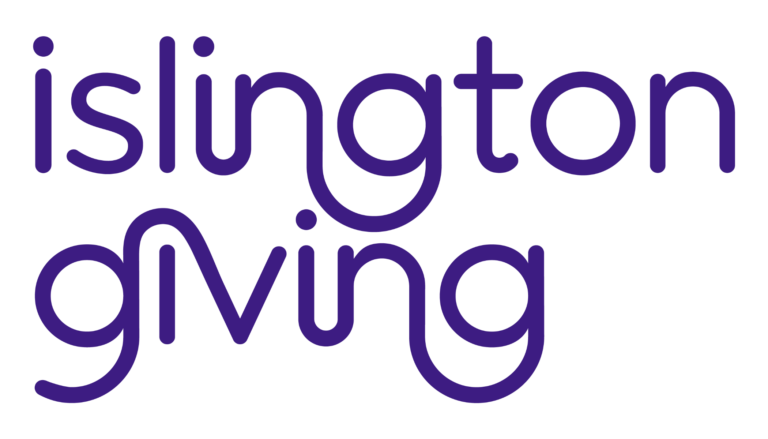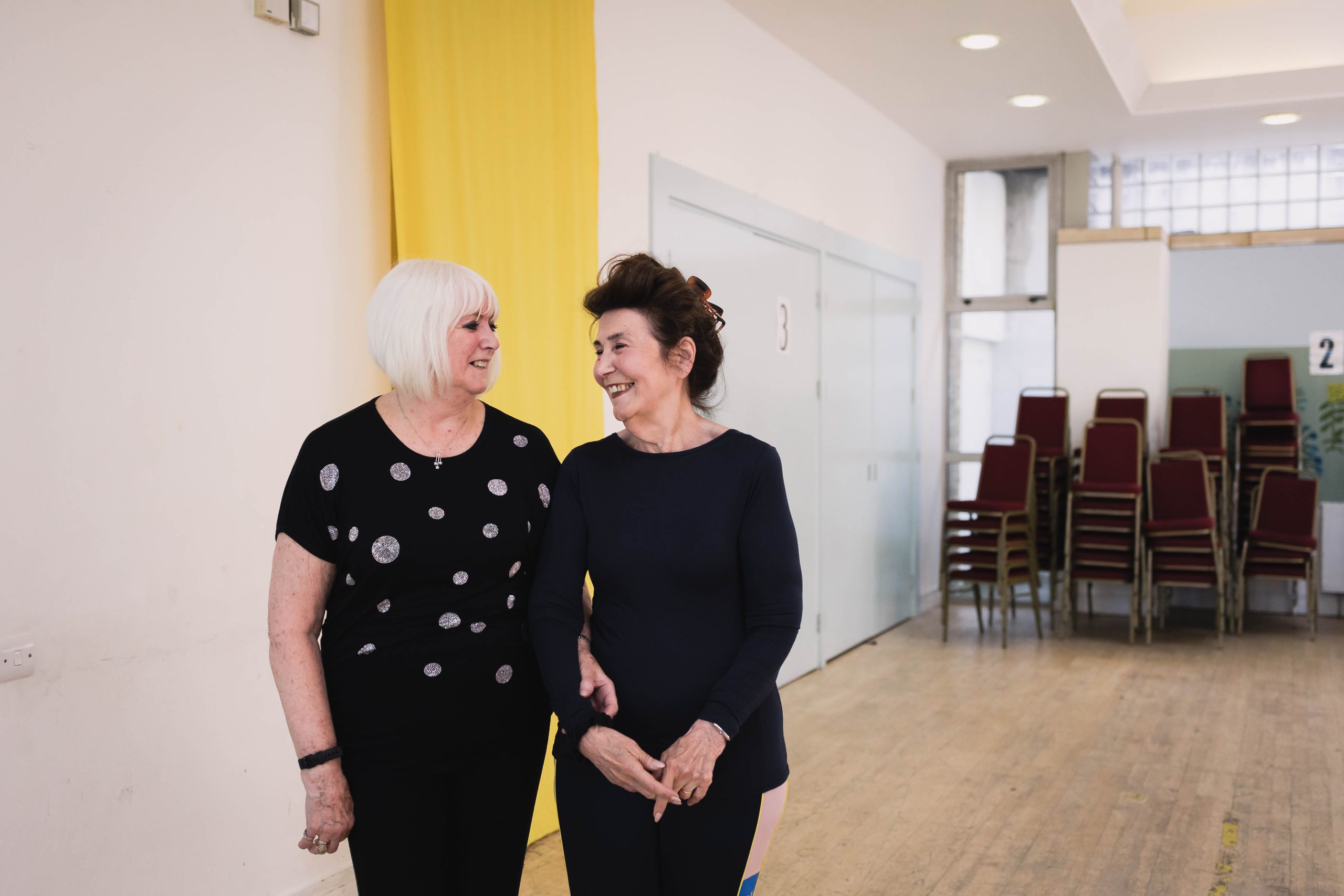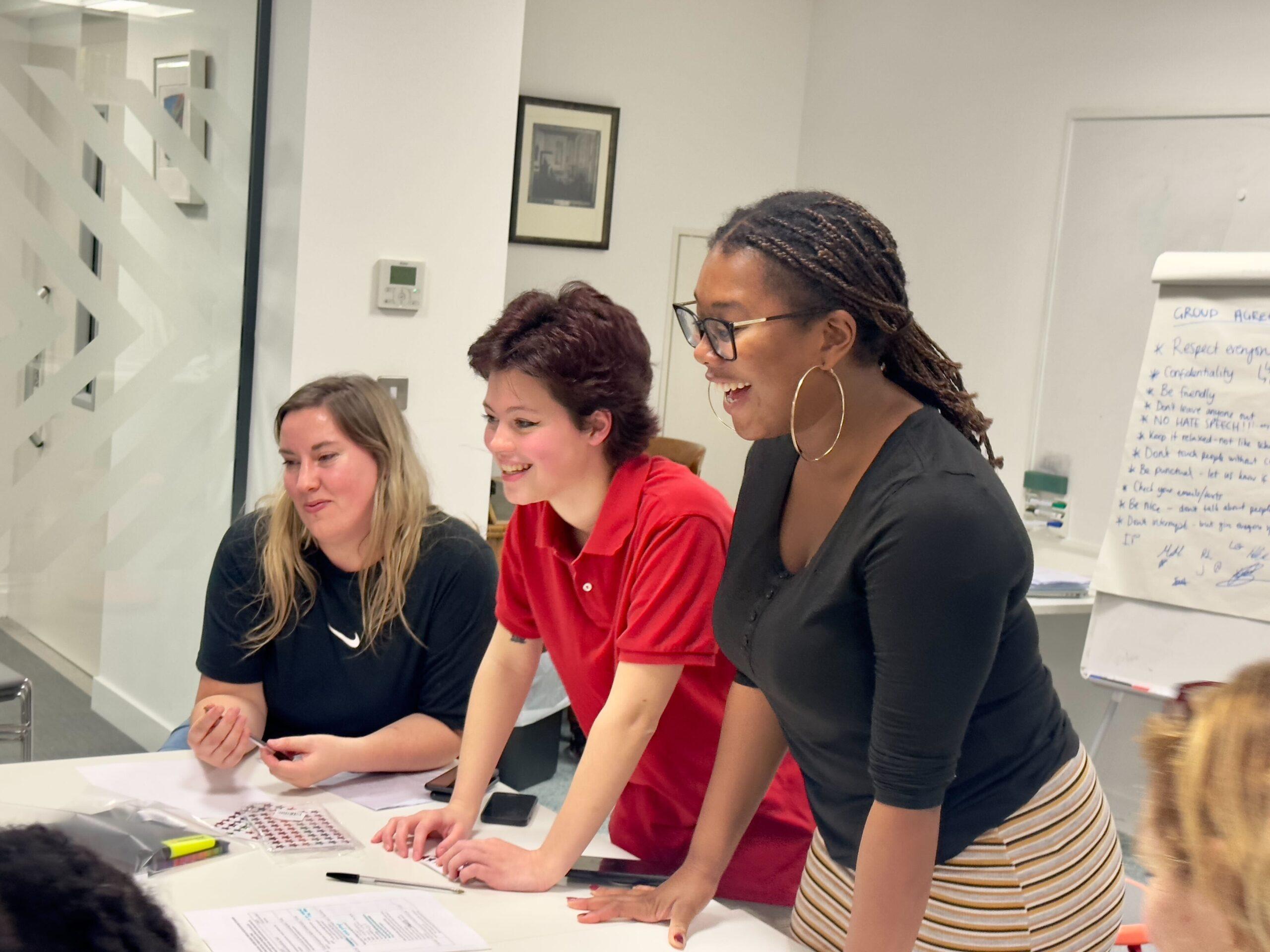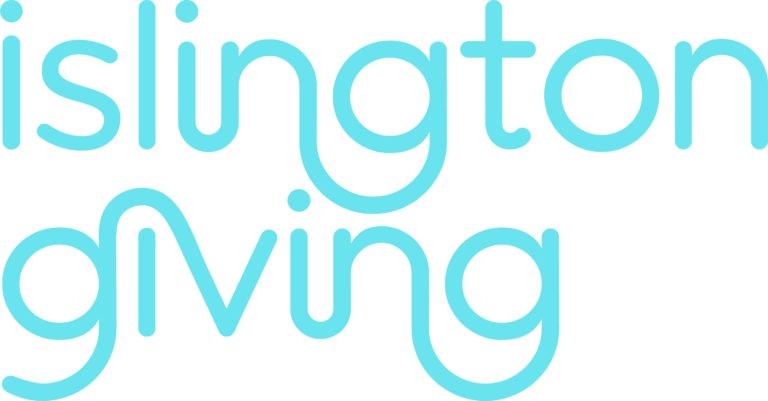Talk for Health’s programme teaches ways of communicating that prevent and relieve mental distress, as well as building community.
In 2019, Talk for Health received funding from our Mental Health Fund to carry out a year-long research and piloting project to adapt the programme for school settings.
Reaching young people at school is crucial since 75% of mental illness has been established by the age of 24, and 50% by the age of 14.

The timeline
- Identify partner schools willing to participate in the project (April -June 2019)
- A day-long co-creation workshop with our partner schools (young people, teachers, other staff), to explore how to adapt Talk for Health to the school environment (June 2019)
- Draft processes and training materials; carry out initial pilots in schools (June/July 2019)
- Refine processes and materials; carry out further pilots (Autumn 2019)
- Develop final processes and materials ready for rollout across schools (by end March 2020)
Phases 1 to 3 are complete.
The story so far
We held a co-creation day in June 2019, with 70 attendees, including:
From Central Foundation Boys’ School in Islington
- Assistant Headteacher
- 15 Students aged 16-17
- 15 Students aged 11-12
From Moreland and St Luke’s Primary Schools in Islington
- Assistant Headteacher
- SENCo and Inclusion Manage
- 20 Students aged 10-11
Through a series of interactive, small-group exercises, students shared their views and experiences on mental health and wellbeing at school. Some of the key themes that came up were:
- Transitions to new schools and classes, where one loses old relationships and has to build new ones
- Disruptions to or breakups in relationships: arguments, being rejected, bullying
- Individuals valued according to academic achievement. Whilst academic attainment is a key purpose of school, students found that feeling valued (or not) only on the basis of academic strength disrupted their sense of belonging
- Hierarchical structure: whilst an inevitable part of school life, students reported that hierarchical divisions over-rode connectedness
To address these issues, some of the key measures students wanted were:
- Training in relationship skills, including how to address conflict
- Spaces in school life where one is valued just for who one is. For example – whole days, assemblies, or intervals in the school day where everyone’s voice is heard and equally valued. They appreciated those spaces that already exist for this purpose.
When we explained the ideas and techniques of Talk for Health at the co-creation workshop – and gave students a chance to practice them – they were warmly welcomed. Core Talk for Health principles centre on everyone having an equal voice, and building and maintaining closer connections. Students could clearly see a value in these skills.
Following the co-creation day, we adapted the Talk for Health training to fit what we had learned about students’ key concerns and ran two trainings – one at Central Foundation Boys’ School amongst 15 and 17 year olds, and one at Archer Academy in Brent amongst 13 and 14 year olds.
The students were fast learners of Talk for Health techniques – seemingly faster than adults – perhaps because they have few entrenched beliefs about how people can or should relate.
Overall, this first part of the project has allowed us to:
- Gain a good understanding of the relevance of Talk for Health to students, and how to make the programme relevant to their concerns
- Discover how to teach Talk for Health skills in school sessions
- Discover how to engage students’ eagerness and capacity to learn these skills.
What next?
The next part of our project will be to find out how Talk for Health can move beyond a skills session to become woven throughout school life.
This will be carried out in the Autumn 2019 term.
We will run two further Talk for Health skills trainings with students, alongside two co-creation sessions with both students and teachers. At the co-creation sessions we will explore how to apply Talk for Health skills in school life so that they fit within the wider school culture.
Following the activities described above, we will trial ways of integrating Talk for Health into school life. We will get feedback, and further refine these methods for re-trial next term (Spring 2020).
This document is a shortened version of a report provided by Nicky Forsythe at Talk for Health that you can download.
If you have any questions or comments, please contact Anne Phipps, Director of Development and Communications at anne.phipps@islingtongiving.org.uk






